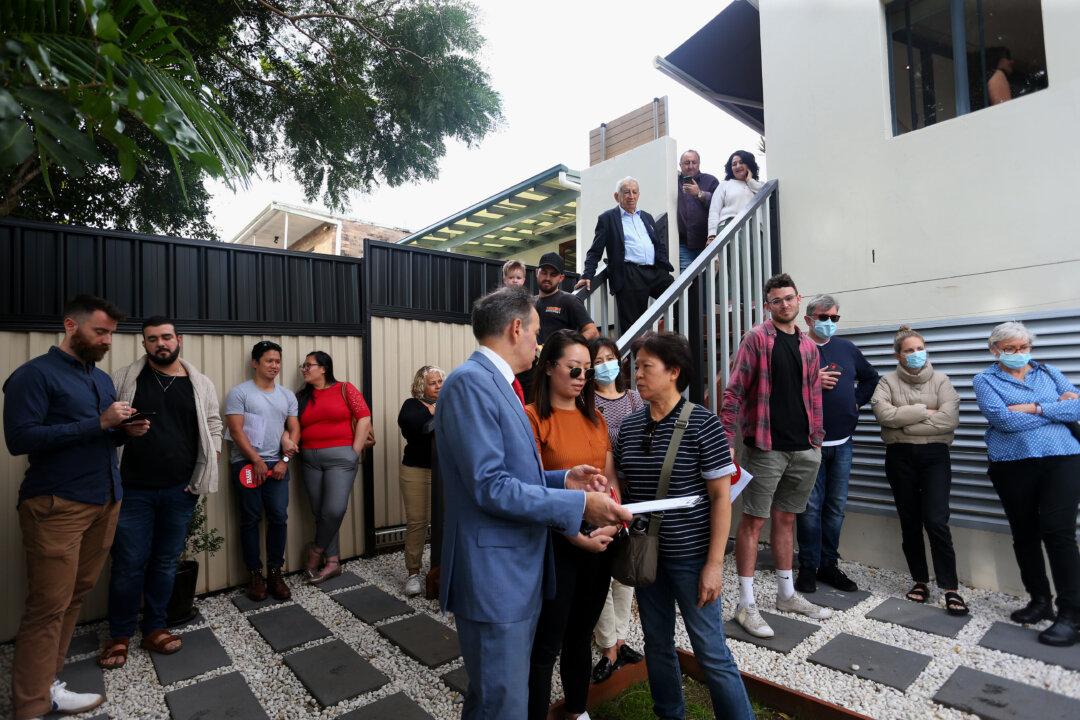Australian parents and grandparents have been told to pay attention to their financial stability when helping their children enter the property market.
New research by the financial comparison company Compare Club revealed that the “bank of mum and dad” has become a popular funding source for young Australians purchasing their first homes.





